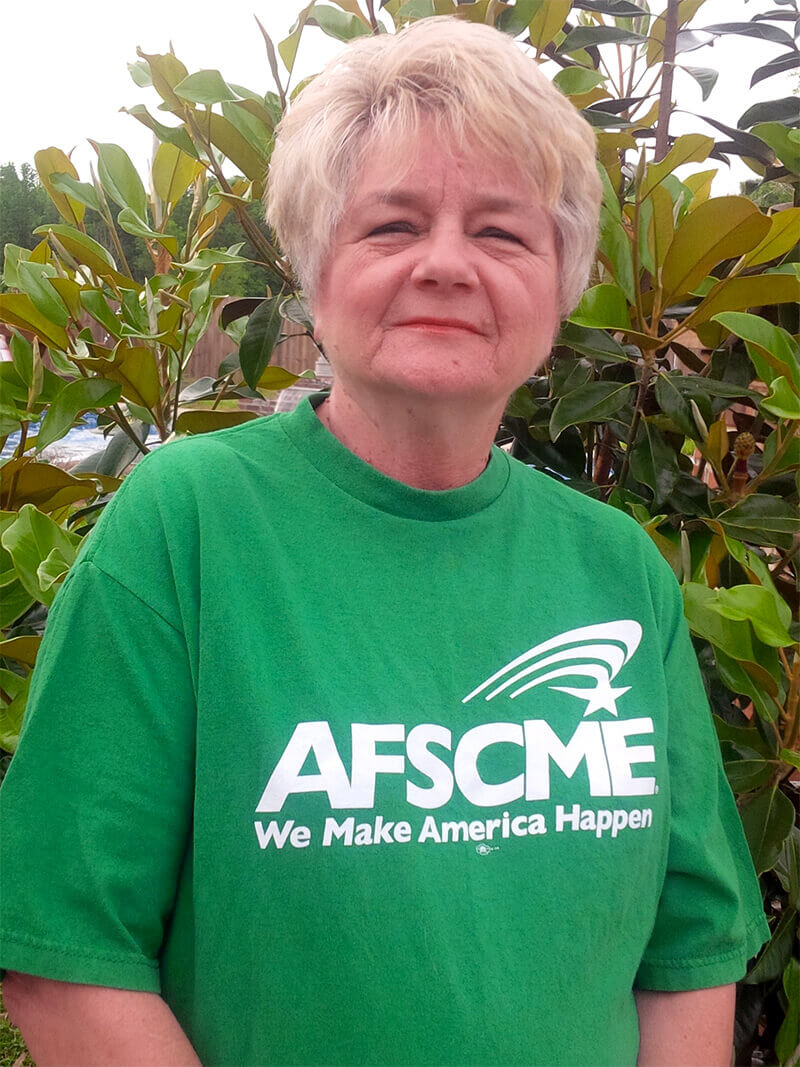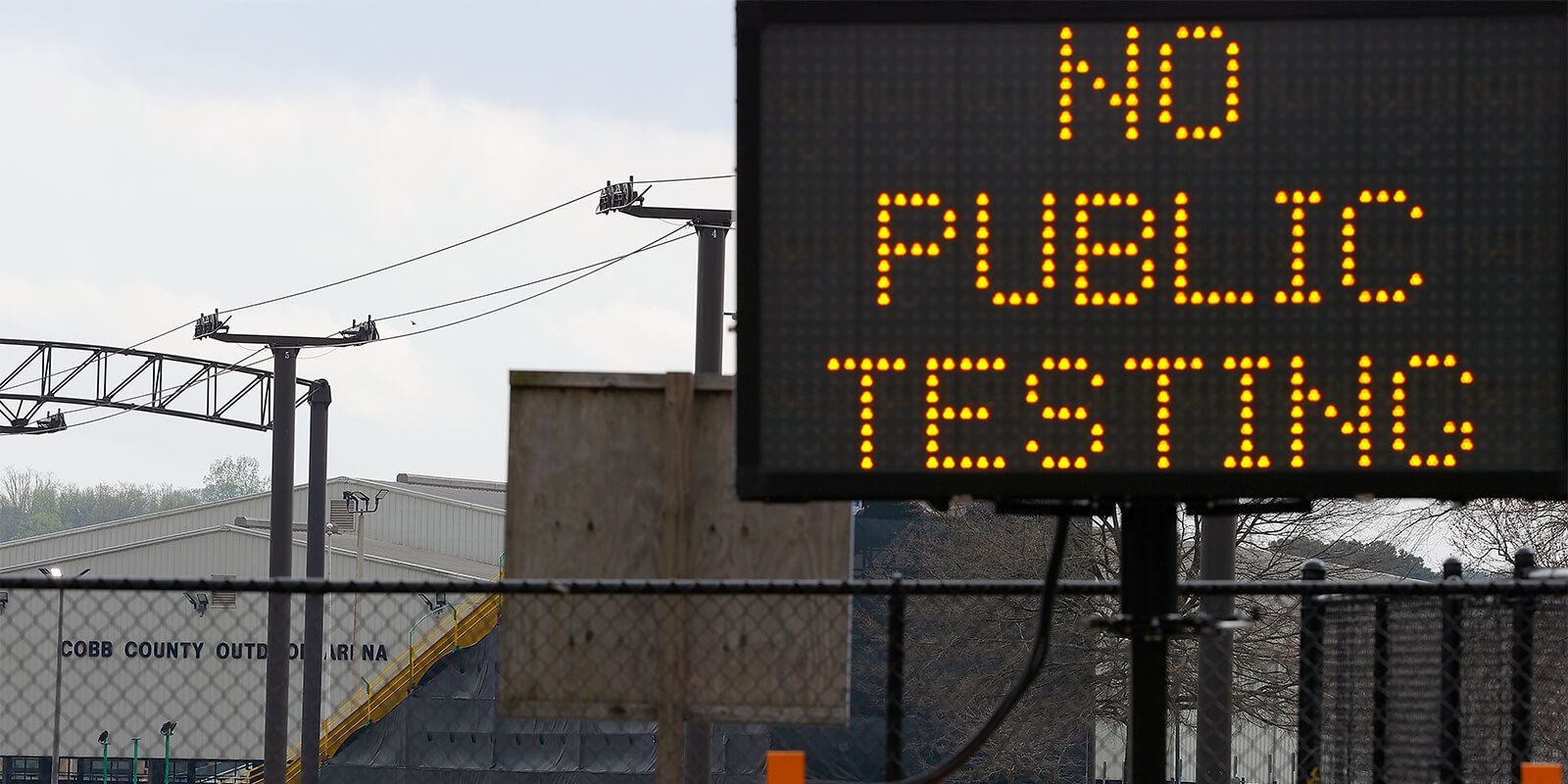
Among the most lethal places the coronavirus could spread is throughout a prison.
Close confines, stringent security measures and the inability of both offenders and prison personnel – corrections officers, prison staff, wardens and many others – to maintain the kind of social distancing being called for requires a special kind of vigilance. Telework is not an option.
For Tanisha Woods, a correctional officer at the Texas Department of Criminal Justice’s Dr. Lane Murray Unit, a women’s prison in Gatesville, the risk of contamination is high. While Woods doesn’t believe any of the 1,300 offenders and around 600 staff at her facility, have been infected, her facility is taking no chances.
No visitors are allowed. Woods and other officers are washing their hands more often and are making sure the facility is diligently cleaned by the offenders who are assigned to janitorial duty.
She has seen a “boost up” in the cleaning equipment and supplies at her facility. More gloves are being made available, more chemicals are being used, more soap is on hand. While there had been shortages in the past, Woods’ employer is taking the situation seriously with the coronavirus pandemic in full swing.
Nevertheless, now more than ever, state and local government need expanded federal aid, as well as a greater investment in robust public services.
“The fear is there, but this is my job,” says Woods, president of AFSCME Local 3920. “I can’t let that cripple me. I can’t do less because of fear. I just think positive and try to be knowledgeable about what’s going on in order to keep myself and [those I work with] safe. I am a woman of faith, so that’s what I hold on to as well.”
Woods knows that even though correctional officers may not be in the spotlight, the services they provide are essential.
“I have decided this is my career. I love what I do,” says Woods. “We risk our lives for the safety of offenders. We put our lives on the line. But sometimes we don’t get the respect we deserve.”

Meanwhile, at the Louisiana State Penitentiary in Angola, Shirley Coody, assistant warden for administrative services and president of Local 3056 (Council 17), is also strategizing with colleagues to ensure that her co-workers and the offenders she’s responsible for are safe.
“We’ve got approximately 5,600 offenders and 1,400 employees. We’re on 18,000 acres and the camps [where the offenders live] are spread out, which is a good thing,” says Coody. “We have shut down visiting from the outside. We started that this past weekend.”
Religious groups that normally come in have been prevented from entering. Instead, offender ministry groups are now conducting services.
“Any vendors that come in are questioned,” says Coody. “‘Do you have a cough, or have you been around someone who’s tested positive for coronavirus, or have you been out of the country?’ We’re controlling what’s coming into the institution.”
The temperatures of employees entering the prison’s medical center are checked. Anyone running a fever higher than 100 degrees is sent home. Access to administrative buildings has been limited and is strictly monitored.
“Someone is at the door asking questions about fever, cough, shortness of breath. There will be someone there all day long, asking everyone. We’re trying to control the introduction [of the virus] on the grounds,” she said.
So far, like Woods’ facility, the prison where Coody works hasn’t had any cases among officers or inmates. Coody knows, however, that if the virus enters the prison, it will spread rapidly.
“Offenders are housed in open dormitories. We realize if one is exposed, it will spread throughout the dorm,” says Coody. “We’re doing everything we can to control movements and gatherings. Everyone is washing their hands using proper precautions, including both offenders and employees.”
Staff is constantly passing out information and keeping everyone in the loop. Everyone at the prison has a part in fighting the virus’ spread.
“We don’t want our officers exposing their families, and we don’t want their families exposing our officers,” Coody said. “We’re trying to stay ahead of this before it can take hold.”
